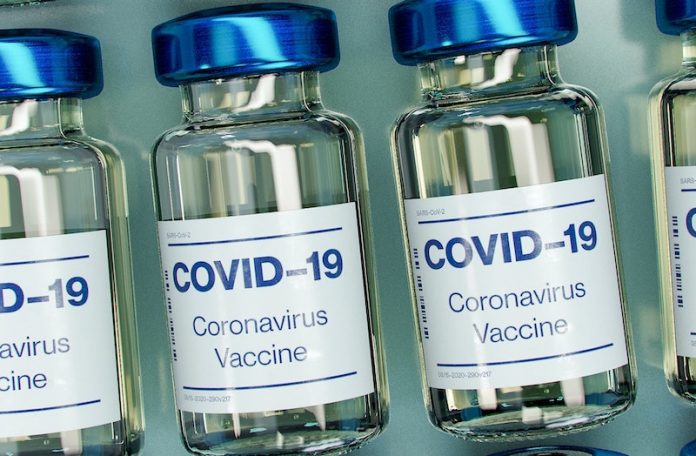
In a new study, researchers found that the two-dose mRNA vaccines from Pfizer and Moderna can be effective weapons against COVID-19 infection among health care workers.
The researchers found the risk of infection was reduced by 80% or more two weeks after the first dose and by 90% two weeks after the second shot.
The findings suggest the authorized mRNA COVID-19 vaccines provided early, substantial real-world protection against infection.
The research was conducted by a team from the U.S. Centers for Disease Control and Prevention.
In the study, the team examined nearly 4,000 volunteers in six states over a 13-week period from Dec. 14, 2020 to March 13, 2021.
Typically, it takes about two weeks following each dose of vaccine for the body to produce antibodies that protect against infection.
People are considered “partially vaccinated” two weeks after their first dose of mRNA vaccine and “fully vaccinated” two weeks after their second dose.
These findings are consistent with those from phase 3 clinical trials conducted with the vaccines before the U.S. Food and Drug Administration approved them for emergency use.
Those clinical trials measured vaccine efficacy against COVID-19 disease, while this study evaluated vaccine effectiveness against infection, including those that did not come with symptoms.
In the study, the volunteers collected their own nasal swabs for testing each week, whether or not they felt ill.
Nearly 11% of infections in this study were asymptomatic, while 58% of the infections occurred among people who were identified by testing before they developed symptoms or knew they were infected.
The study showed that these two mRNA vaccines can reduce the risk of all COVID-19 infections, not just symptomatic infections.
The team also found partial vaccination can be protective. The 80% efficacy of just one dose is even higher than what other recent studies following the first dose of Pfizer vaccine among health care providers have found.
Studies conducted in the United Kingdom and Israel showed that one dose was about 70% and 60% effective, respectively.
One researcher of the study is Mark Thompson.
Copyright © 2021 Knowridge Science Report. All rights reserved.



